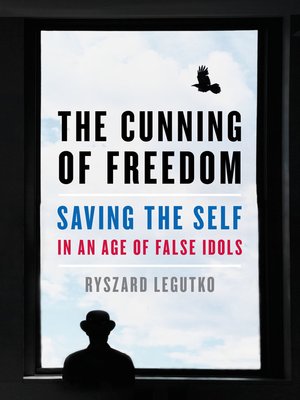
Sign up to save your library
With an OverDrive account, you can save your favorite libraries for at-a-glance information about availability. Find out more about OverDrive accounts.
Find this title in Libby, the library reading app by OverDrive.



Search for a digital library with this title
Title found at these libraries:
| Library Name | Distance |
|---|---|
| Loading... |
This book has two currents. The first is an analysis of the three concepts of freedom that are called, respectively, negative, positive, and inner. Negative freedom is defined as an absence of coercion, positive freedom as an ability to rule oneself and others, inner freedom as being oneself; that is, being the author of one's decisions. Each concept is analyzed both in terms of its development in the history of ideas and in terms of its internal logic. The major problem of negative freedom is to find widely accepted rules according to which this freedom can be distributed. Positive freedom's major difficulty is to define what constitutes a free person. The greatest dilemma with inner freedom is how to correlate it with the proper interpretation of the human self. The book advances the thesis, and this constitutes the other current of its narrative—that we have been witnessing the advent of a new form of despotism, much of it being the effect of liberalism's dominant position. Precisely because it took a reductionist position, liberalism has impoverished our view of freedom and, consequently, our notion of human nature with its political, moral, and metaphysical dimensions.







